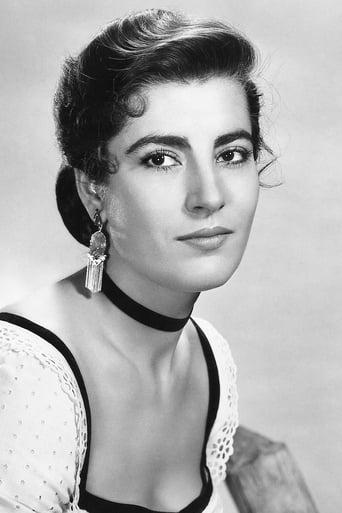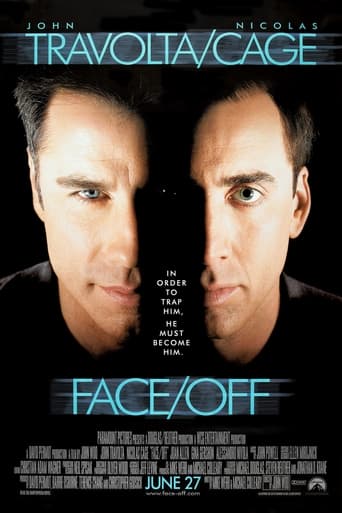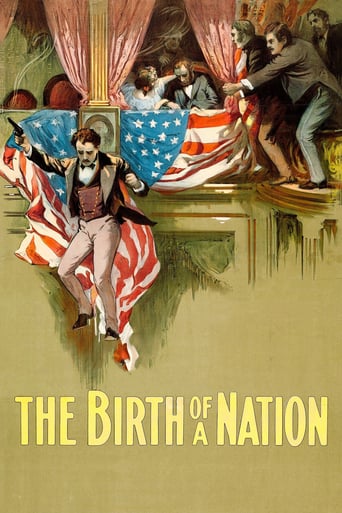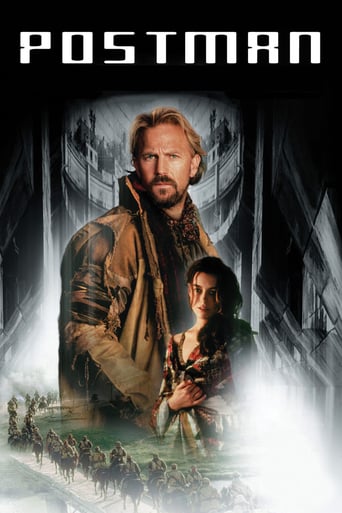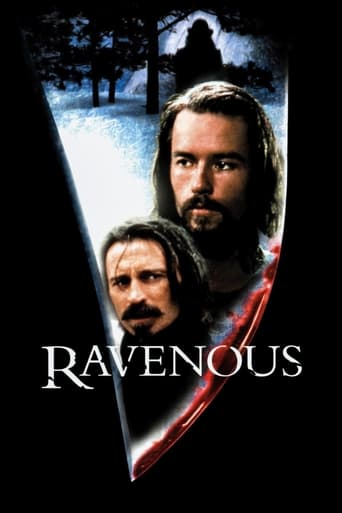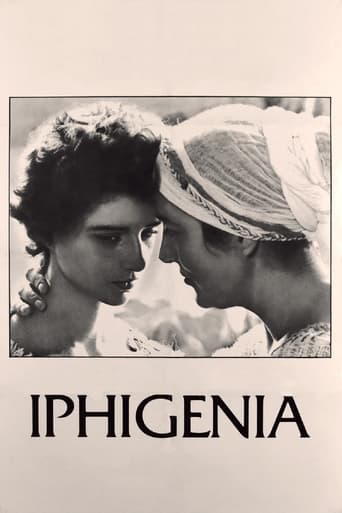
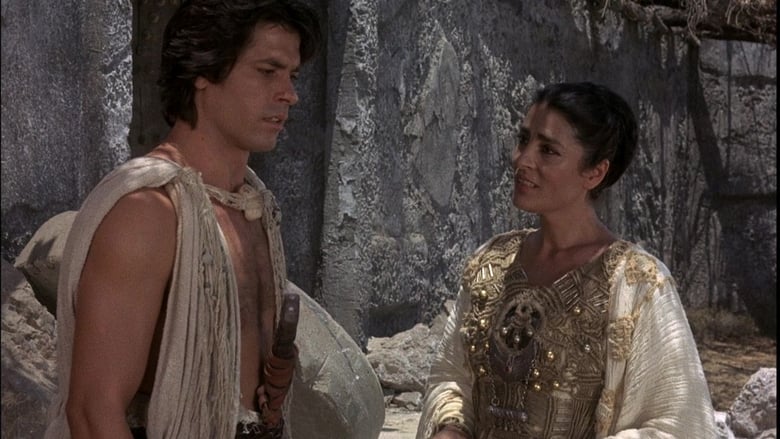
Iphigenia (1977)
The Greek army is about to set sail to a great battle, but the winds refuse to blow. Their leader, King Agamemnon, seeks to provide better food, but accidentally slays a sacred deer. His punishment from the gods, the sacrifice of his daughter Iphigenia.
Watch Trailer
Cast


Similar titles
Reviews
it is a masterpiece. sure, it is a subjective word and it is not easy to define it. it is a masterpiece because it has the science to give the emotion and spirit and tension of the play Iphigenia in Aulis. it is a masterpiece for the impressive performance of Irene Pappas. it is a great film for its unique, touching and admirable for the right manner to give life to a classic text. and for transform it in a personal story, beautiful and provocative and wise pledge for the discover of the roots of the right answer. a masterpiece. that is it.
My only regret is that Michael Cacoyannis did not have a large enough budget to give his film the production values that one would expect from a story of such grandiose proportions. He does what he can with the resources available, and that is quite sufficient, but I would have loved to have seen life-size ships instead of small boats as the Greeks are waiting for their departure from Aulis. In the end, however, the artistic quality of his work is so high that nothing else matters. The Euripidean text is more than adequately translated into film. The actors are all superb. My joy at seeing their work is immense. Irene Papas has to be one of the greatest actors in the history of film. Her Clytemnestra makes one understand what lies in the future for Agamemnon. Eugène Ionesco loved this film. I can see why.
I went into this without realizing it was a sort of prequel to the same director's THE Trojan WOMEN (1971), which I had just watched the previous day! Interestingly, while the latter details the aftermath of the famous (and much-filmed) war, this one deals with the little-known events that came immediately before the Greeks set sail to lay the city of Troy to waste forever! Despite the earlier effort's stellar cast, it is the inferior movie; actually, one actress appears in both, albeit in different (yet equally strong and emotional) parts: Irene Papas played Helen Of Troy in the first picture and Clytaemnestra, i.e. Helen's sister (and sister-in-law!), in the second. For the record, director and star had prior to these collaborated on ELECTRA (1962), yet another tragic chronicle related to The Trojan War: indeed, all originated as a trilogy of plays by Euripedes. Still, only THE Trojan WOMEN was shot in English, ELECTRA and IPHIGENIA being Greek productions through and through – with both finding themselves competing for the Best Foreign Language Film Oscar (the latter against the marvelous swan-song of my favorite auteur i.e. Luis Bunuel's THAT OBSCURE OBJECT OF DESIRE!).Basically, the problem with THE Trojan WOMEN was that it had no real plot (and, therefore, did not exactly make for compulsive viewing despite the familiar and intriguing backdrop!) – it was just a succession of scenes in which various characters reflected back on their lives and how they were affected by the conflict that devastated an entire city: the fact that the latter was borne of lust (for a woman on one part and revenge on the other) gave way to much viciousness even between relatives and particularly amongst the ladies, once regal and proud but now reduced to wearing rags and wailing constantly! Conversely, I recall being impressed with ELECTRA, while IPHIGENIA is very much the essence of Greek tragedy – presenting as it does a narrative that involves deception tinged with irony, honor bound by duty, and bravery in the face of sacrifice.Though, in this case, only Papas' name was known to me (I could not even read the other actors' and technicians' names because they were listed in the traditional Greek font!), all the principal characters were well-served, especially King Agaememnon – fraught with the dilemma of acceding to the will of the Gods (and his battle-hungry men, spurred on by an atypically ruthless Odysseus), which he is expected to placate by having his eldest daughter (the titular figure) killed, an act that would surely throw his domestic situation into turmoil! – and young Iphigenia herself, who grows from carefree girl to hopeful bride (with demi-god Achilles, though no mention of his extraordinary quality is made), goes through disbelief and desperation at what really awaits her, finally to emerge a valiant martyr.The film – which starts off in a potentially off-putting manner, depicting both full-frontal male nudity and the slaughter of animals – displays a strong sense of place and time, an era marked by beliefs and laws that nowadays would, respectively, be deemed remarkably foolish and inordinately harsh. With respect to the latter, Iphigenia implores with the King to tell her why she must die for Helen's faults: if anything, it is the child that sprung from the latter's union with Menelaus, Agaememnon's brother, that should be forfeited. The ultimate twist, then, has the wind starting to blow (which is what the Greeks were praying for in the first place, so as to enable their fleet to finally sail for Troy) just as the heroine is rising the steps towards her sacrificial altar but fate still decrees that the father does not reach his daughter in time to stop the needless shedding of innocent blood!
Michael Cacoyannis has had a relatively long career but has surprisingly few credits to his name, including some real duds such as the unfunny cold war satire The Day the Fish Came Out. Iphigenia, however, is a highlight. Adapted by Cacoyannis from the play by Euripides, it's a superior rendering of the classic tragedy and recently made its first television appearance in many years in the United States courtesy the Flix Channel. The film is shot on an epic scale but is decidedly not a 'big' film, with the emphasis placed on the simple story: in supplication to the gods, King Agamemnon (Kostas Kazakos)is compelled to sacrifice his daughter Iphigenia (Tatiana Papamoschou), much to the consternation of Queen Clytemnastrae (Irene Papas). Kazakos and Papas are both outstanding, but it is the stunning Papamoschou who brings the most interesting elements to the screen, blending the innocence of childhood with the dawning realization that she is the pawn in a political game. Strongly recommended for fans of international cinema.


